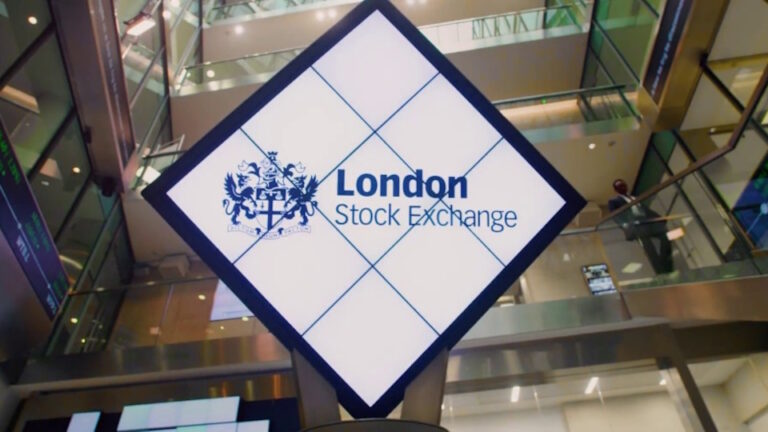Destiny Pharma has joined a growing list of UK biotech companies seeking to delist from the Alternative Investment Market (AIM) and return to private ownership.
The Brighton-based company, which is due to present a delisting proposal at a shareholders meeting later this month, said it had decided that “a larger pool of capital may be available as a private company”.
In the past few months, e-Therapeutics, Redx Pharma and C4X Discovery have also announced they are exiting the London Stock Exchange’s junior market and will go private, promising access to wider investors in exchange for a short-term impact on liquidity.
e-Therapeutics has also indicated this could be the first step in seeking a listing on the US Nasdaq, which has seen a recent surge in fundraising deals after a slow few years following a bonanza during the COVID-19 pandemic.
For Destiny, the impetus for the move was its need to raise funds for Phase 3 trials of its lead candidate, XF-73 Nasal, a gel to prevent infection after surgery.
In April, the biotechnology company launched a strategic review to determine the best course of action for XF-73 Nasal, including seeking a licensing partner and pursuing additional fundraising efforts. Company chairman Sir Nigel Rudd said this morning that efforts to find a licensing partner for the program had not been successful.
Looking at cash reserves, which had dwindled to 6.4 million pounds ($8.3 million) at the end of 2023, Rudd said delisting was the “only viable option” to obtain “the significant capital needed to progress the drug through Phase 3 clinical trials and deliver meaningful shareholder value creation.”
“Extensive feedback from other potential capital sources suggests that the proposed fundraising would only be feasible if Destiny were a privately held company,” the company said in a letter to shareholders.
As part of its search for a partner, Destiny has developed a new protocol for its Phase 3 trial that it believes could cut the cost of the program in half, making it a more attractive proposition and reducing the capital needed to pursue the program independently.
The company now believes the trial would cost around £25 million to achieve the “same efficacy and commercial benefit”.
Chief executive Chris Tovey reiterated the company’s view that the drug could be a blockbuster in preventing surgical site infections, which account for 70 to 90 percent of all infections. Staphylococcus aureus Many pathogens reside in the nose, and international guidelines recommend nasal decontamination as a preventive measure.
“XF-73 Nasal has significant market potential, is a compelling commercial proposition and, if advanced to late-stage clinical development, has the potential to create significant value for shareholders,” he said.
Shareholders are scheduled to meet on July 31 to discuss the proposal.
The spate of delisting decisions comes amid a drop in new issuers on AIM in 2023 (the lowest in more than two decades), weak secondary fundraising and falling trading values. Recent analysis by Citi AM shows that there are around a third fewer companies in the small cap market now than in 2015.

